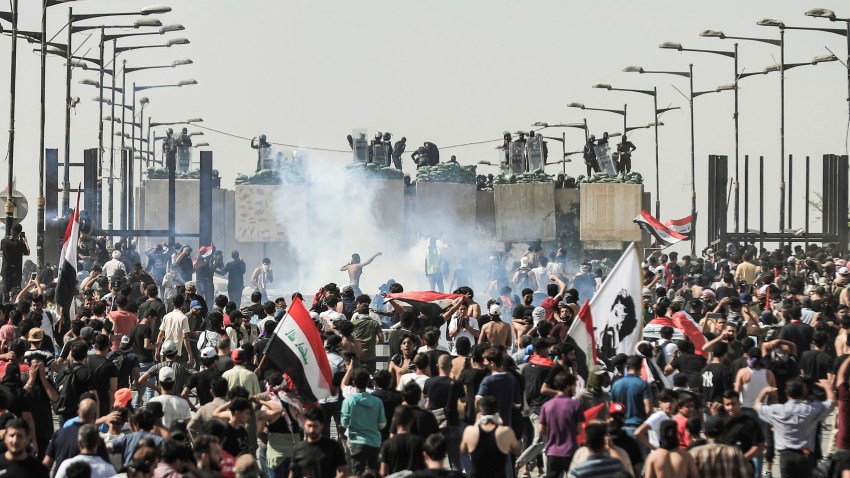It has been 20 years since the U.S., backed by the U.K., led an illegal invasion of Iraq to topple the regime of Saddam Hussein and ostensibly bring democracy to the country and the Middle East. Toppling Iraq’s Baathist regime took around a month, but the invasion unleashed a series of catastrophes for Iraq, the wider Middle East and the world. These catastrophic outcomes remain with us today, and it is worth reflecting on the most enduring ones and their effects: the systemic corruption embedded within the Iraqi state, the devastating impact of the Iraq war on Syria, and the emergence to regional prominence of Iran.
One of the war’s stated aims was to bring democracy to an Iraq freed from Saddam Hussein’s dictatorship. Twenty years later, Iraq is democratic in the sense that it has elections, but it is not a liberal democracy. Rather than guaranteeing representation for all communities, the U.S.-designed Iraqi political system, built on sectarian allocation, entrenches political divisions. Iraq is more stable than it has been at any point since 2003, with only occasional militarized terrorist activity. But the state institutions installed after the U.S. invasion are ridden with systemic corruption, and government authorities are not adequately responsive to the people’s needs. Electricity shortages, pollution and medicine not fit for consumption are just some of the problems Iraqis face because of endemic corruption. And when politicians do offer the pretence of fighting corruption, their efforts are instrumentalized to settle scores with their political rivals, rather than to benefit citizens.
Many in the West opposed the invasion of Iraq. The bloodshed that followed in the country confirmed their doubts about the validity of carrying out regime change through military means. But some political leaders, policymakers and analysts then came to apply the lessons of Iraq to the rest of the region, without taking the specificity of other countries into consideration. Syria paid the biggest price. In 2011, protests against the regime of President Bashar al-Assad were violently repressed by Syrian security forces. In response, the peaceful protests transformed into armed rebellion, and Syrian rebels made clear that they would welcome a Western military intervention.

